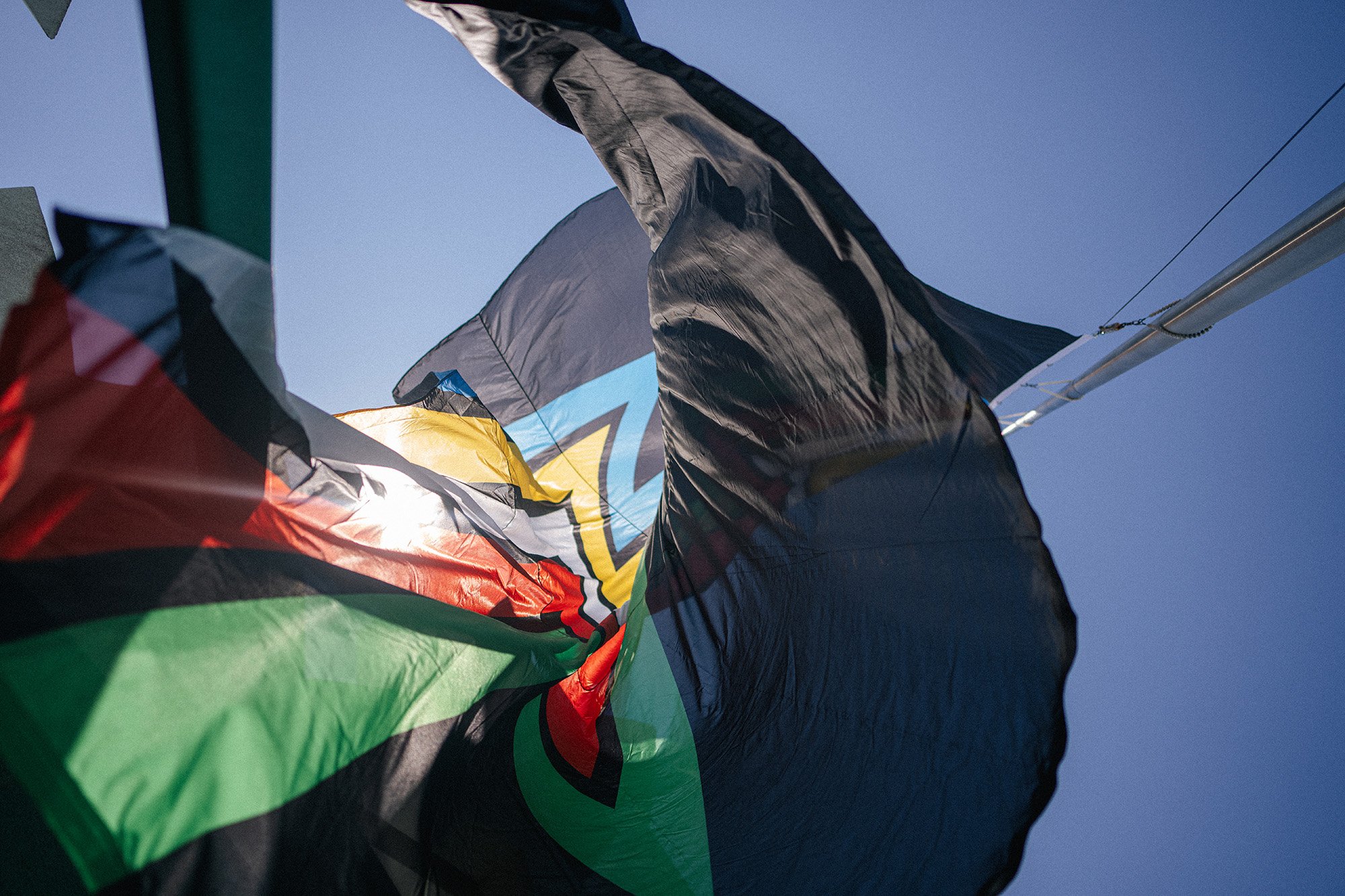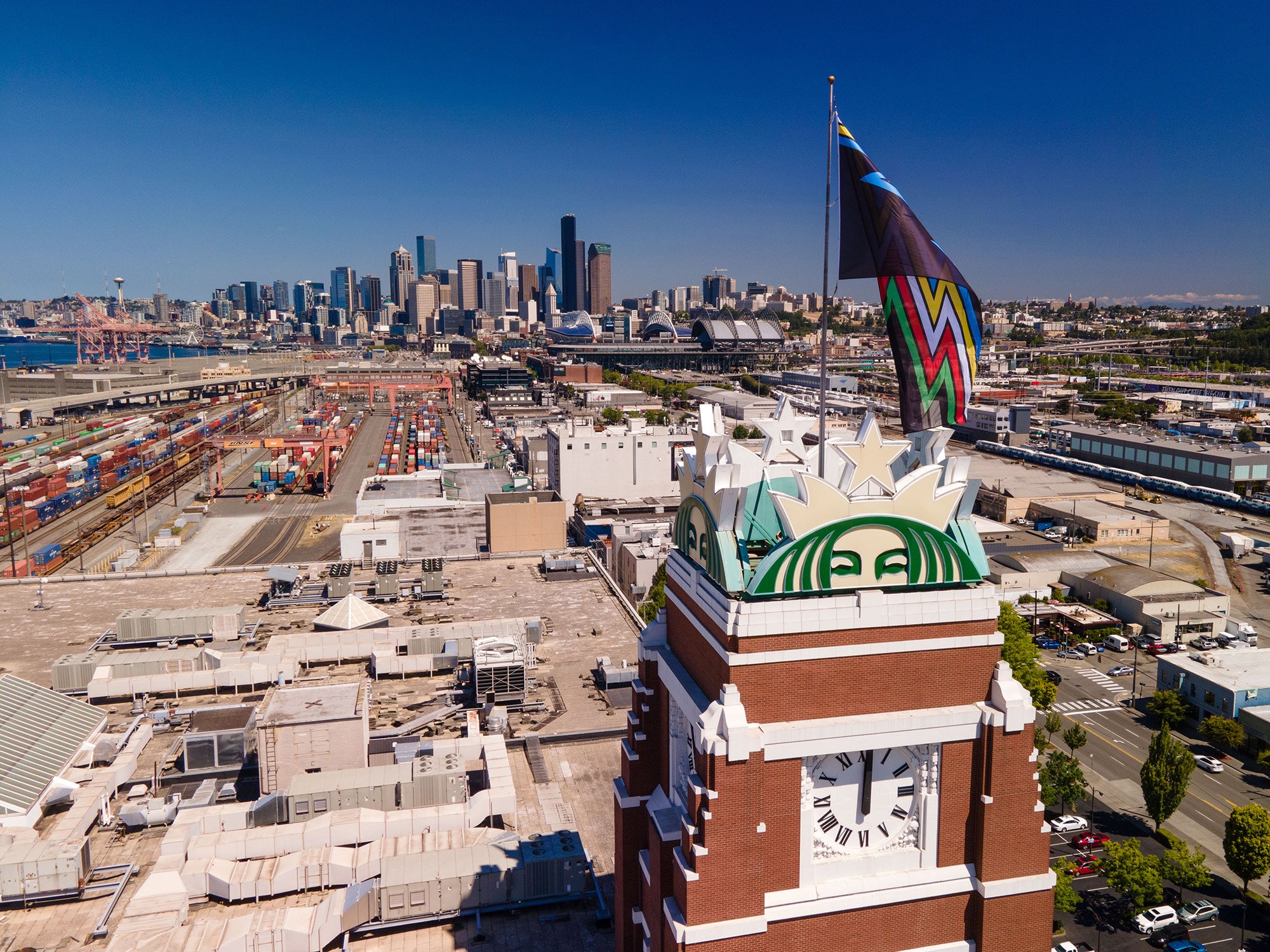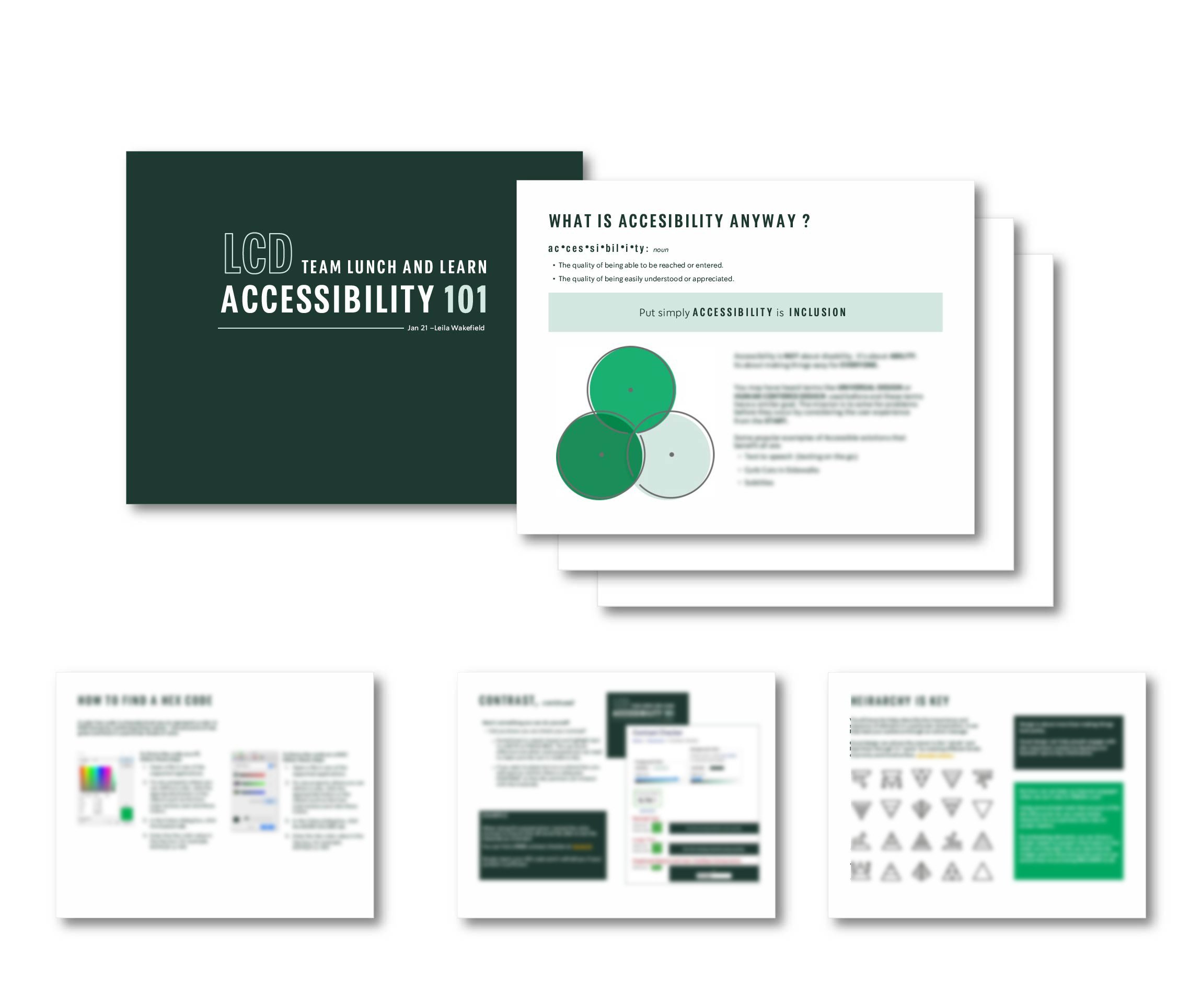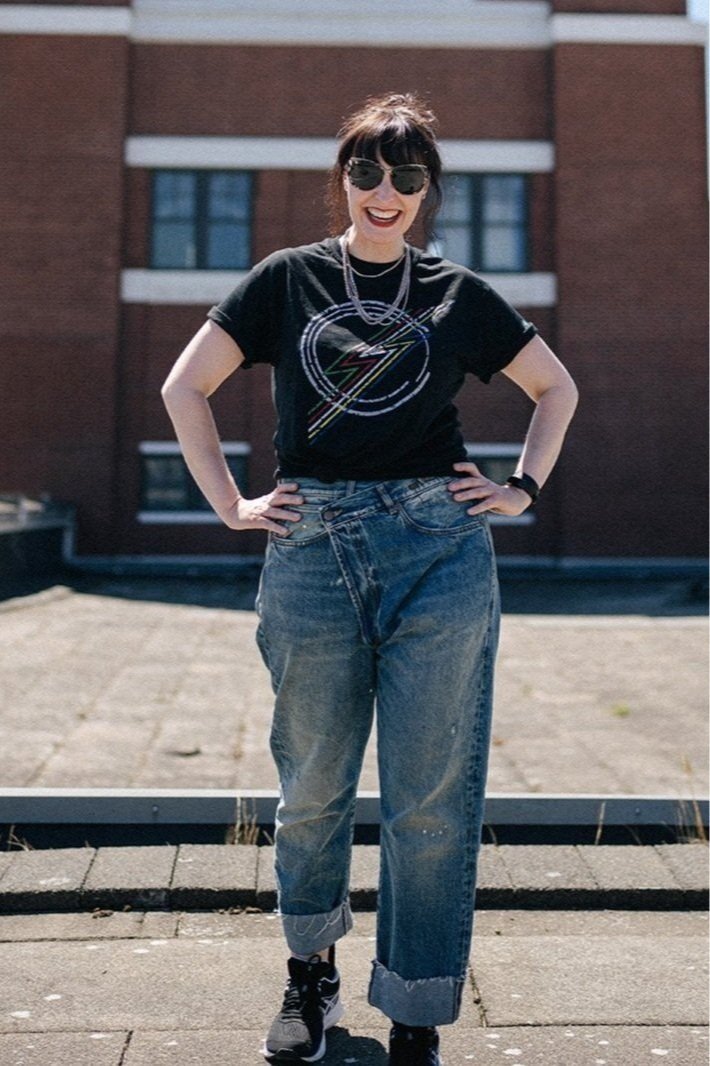
Designing
with Purpose:
Disability Pride & Inclusive Advocacy
What began as a visual identity for Disability Pride Month became a deeper reflection of inclusive values—challenging outdated narratives, honoring lived experiences, and shifting the conversation from awareness to action.
As a creative partner to the Disability Advocacy Network (DAN), I was initially tasked with developing a visual identity for Disability Pride Heritage Month. But I saw an opportunity to go further. Through visual storytelling, enterprise-wide education, and advocacy work, I helped build a more inclusive experience that centered pride, empowerment, and belonging.
-
My curiosity about accessibility evolved into formal certification and a deeper commitment to inclusive design. I led team trainings and collaborated with accessibility experts, significantly improving our digital accessibility scores and embedding inclusive practices earlier into our workflows.
-
As a founding member of the PRO Global Inclusion & Diversity Council (2020–2022), I partnered with HR and executive leaders to address systemic gaps and champion equity through actionable strategies and inclusive storytelling.
-
Rooted in Advocacy
From the start, the DAN brief highlighted a key challenge: how to create something that felt both discrete and empowering. Many disabilities are invisible, and not all partners choose to disclose their experiences. The campaign needed to create a sense of community without forcing visibility—offering an invitation, not an obligation.
Inspired by the Disability Pride flag and real partner stories, I developed a bold but approachable visual identity that fused DAN’s logo with symbolic flag elements and a rock 'n' roll tone—celebrating strength, resilience, and individuality. The resulting campaign visuals, including T-shirt graphics, became a conversation starter across the enterprise—normalizing disability pride and sparking meaningful dialogue.
This design direction was recognized with the Spirit of Starbucks award in FY21



Reflection
This project wasn’t just about design—it was about representation, empathy, and driving systemic change through the work I could influence. By pairing visual storytelling with inclusive strategy and education, I helped bring accessibility and equity into everyday conversations—and inspired others to do the same.
